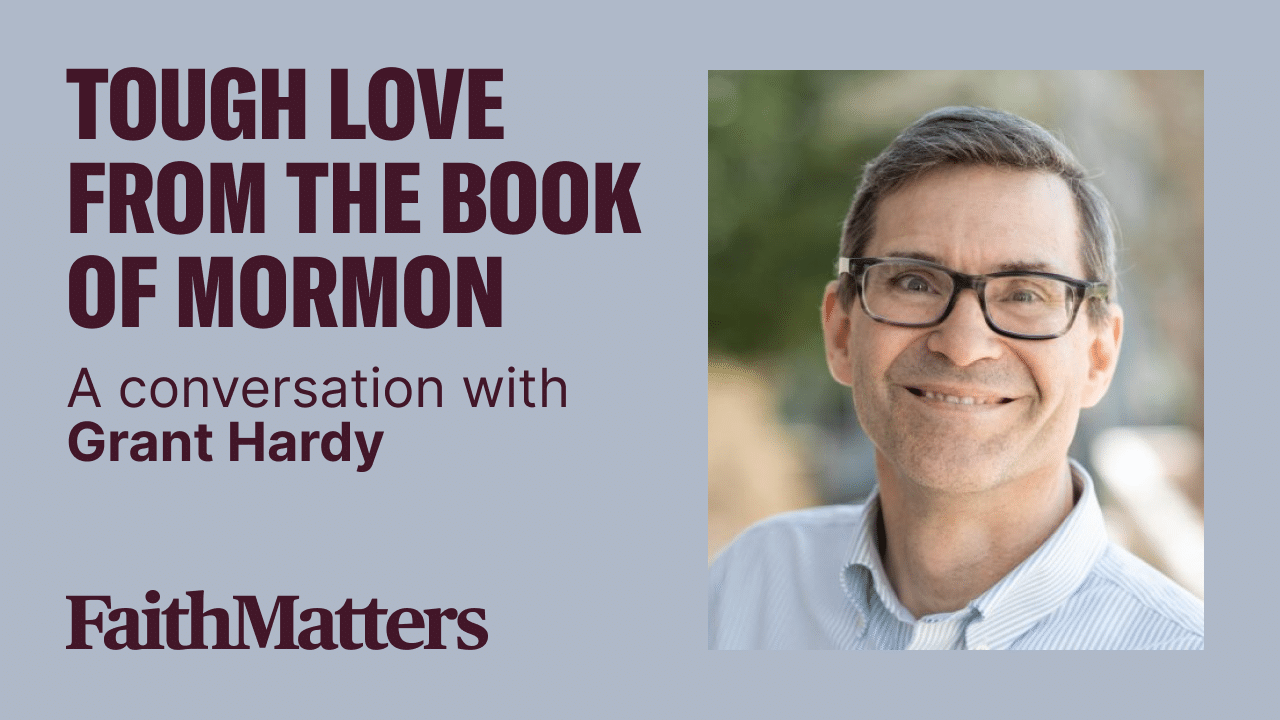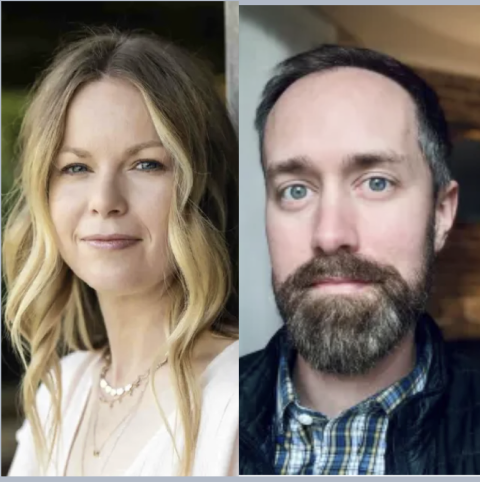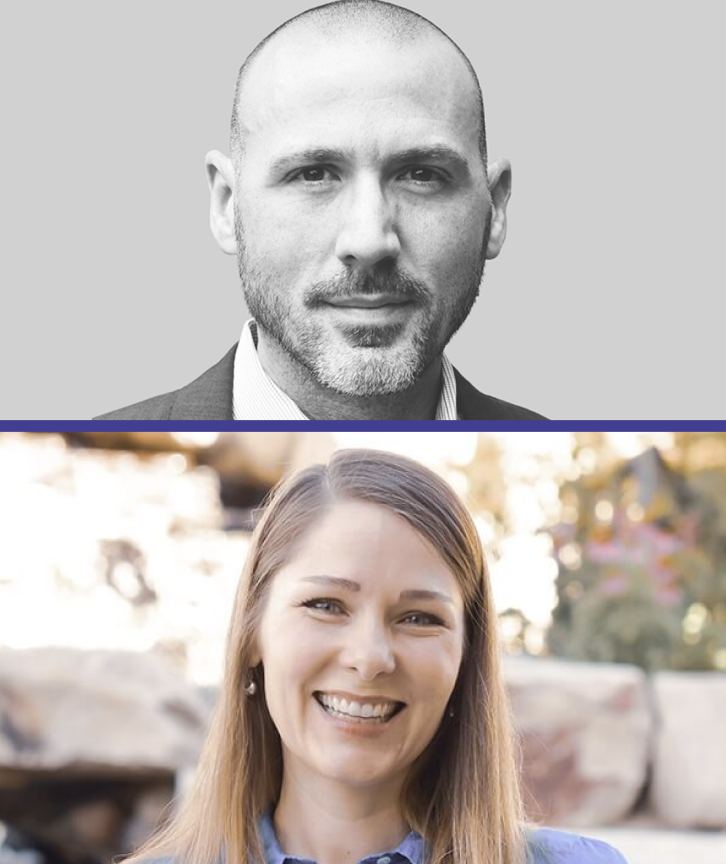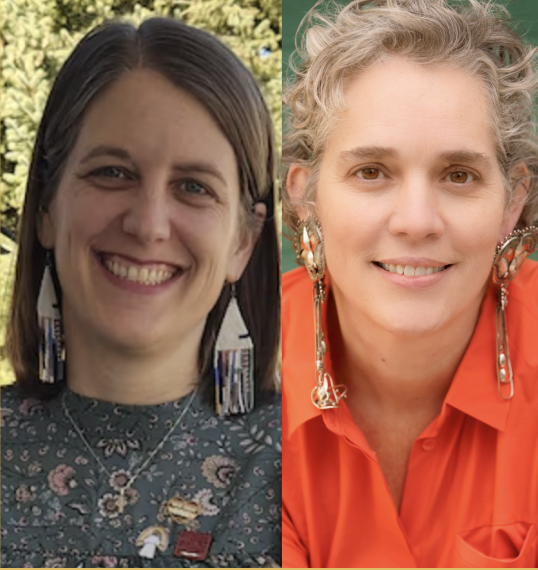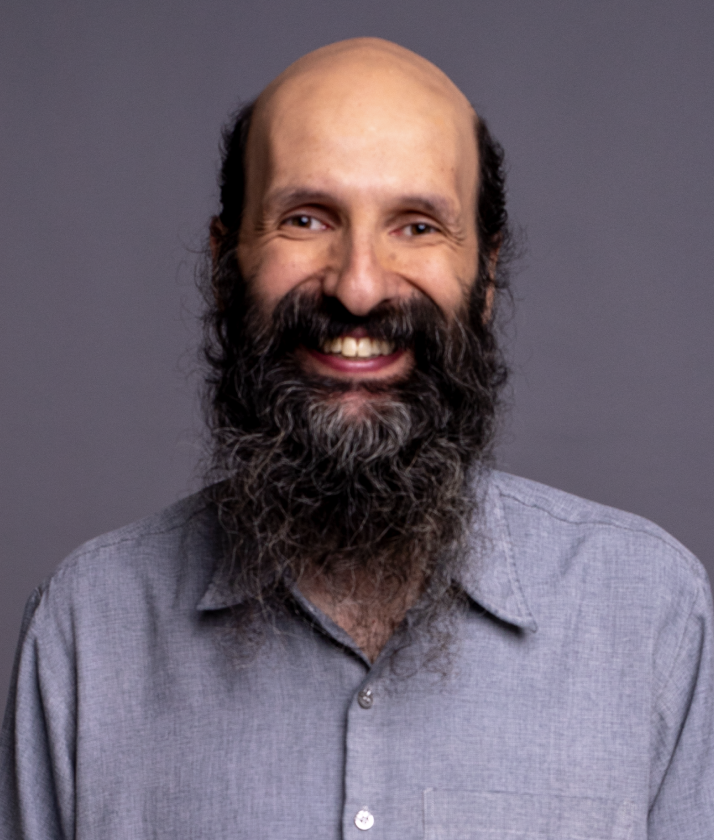Book of Mormon scholar Grant Hardy knows that there are lots of different views about what The Book of Mormon is—how it came to be, how credible its origin story and originator are, and what its value is to Latter-day Saints, and to the world.
Though he himself falls firmly on the side of belief, he believes the approach of the Book as sacred text asks its reader to consider that “every word or phrase may hold existentially significant meaning” — regardless of exactly how one views the Book’s origins and historical value.
That’s the perspective that he brings to a newly produced work, The Annotated Book of Mormon, a remarkably thorough and rich exploration of The Book of Mormon which is the first “fully annotated, academic edition of the Book… in its 200-year history,” and which was published by Oxford University Press.
We loved talking with Grant, and for us, some of the most powerful moments of the conversation were his reflections on how the Book of Mormon is calling us, as a people, to hold up the mirror and ask what we can do better. You’ll hear Grant specifically bring up the topic of how we as a church use and disclose our financial resources. We want to note that this part of the conversation is challenging—and while the views Grant shares, like those of all guests we have, are his own, we really appreciate his vulnerability and willingness to engage these tough issues. We know not everybody’s going to agree on this, and we’re very aware of our inadequacy in navigating difficult topics. We hope that one thing we can do at Faith Matters is to help keep conversations going in good faith, and that’s what we tried to do here, however imperfectly.
We really encourage you to pick up the Annotated Book of Mormon, which does an amazing job of making this text easier to study and understand by reformatting it with headers, punctuation markers, and paragraph styles in line with modern bible translations. Grant is donating all royalties for the book to the Humanitarian Aid Fund of the LDS Church.
Grant is a Professor of History & Religious Studies at UNC Asheville, where he’s taught since 1994.
